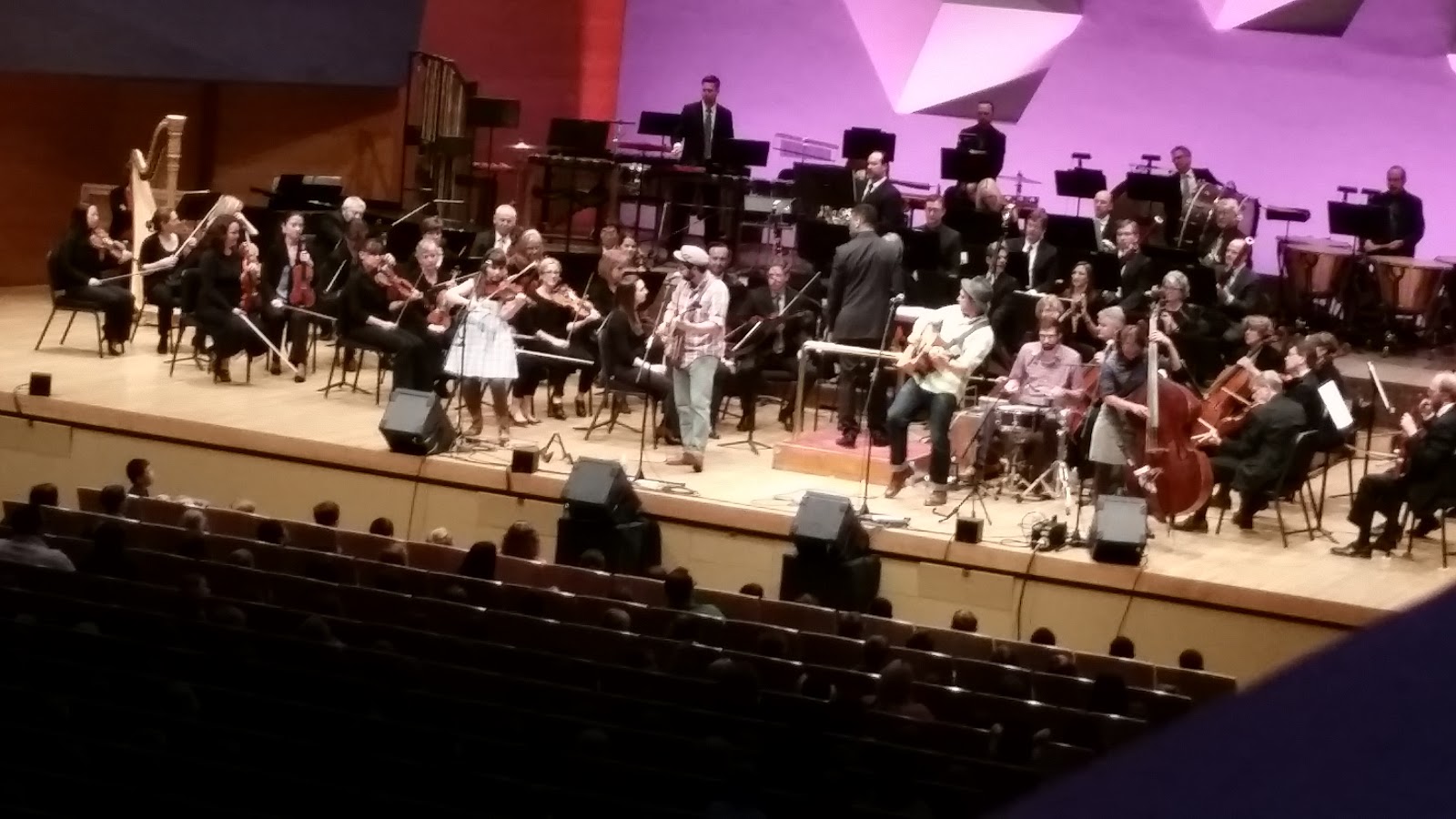We've tested out a number of programs and apps, and it seems that a quick review might be helpful to others, who are also trying to learn a language at home. Here's our list:
- DuoLingo - Offers a huge range of languages, used by millions of people around the world, listed as one of the 15 Best Apps for Homeschooling by Tech Times, and it's FREE! The program includes listening, reading, writing, and speaking components. Progress is tracked and lessons are personalized. There's even an educator version now that allows teachers to track individual student progress. The only drawback that we have experienced is that Duolingo does not introduce common conversational phrases early in the program. So, the user learns to say, "I am a girl," and "The woman eats bread," but not, "Hello," or "Good Morning." Duolingo is, however, great for learning noun gender, verb conjugation, and general vocabulary. We love DuoLingo!
- Busuu - We were really excited about Busuu at first. Like DuoLingo, Busuu offers a range of languages, is used by millions of people, has won a number of awards, and is free. The activities are different from those used by Duolingo. So, while it offers all the same components, they're presented in a different way. However, after a short ad-free period when we first began using the app, we were quickly overrun with ads. It was too distracting and would make the app extremely difficult to navigate for younger kids.
- MosaLingua - Great for learning conversational phrases, and it's also free. The program offers flash cards for "learning" phrases, followed by activities, and then intermittent, timed practice based on research demonstrating how often people need to review to move things to long term memory. The app sends notifications to the user's mobile device that it's time to practice, and it tracks how many phrases have been learned. We have found this app indispensable for learning useful conversational phrases.
- Transparent - Free access to this online language learning program is available through Hennepin County Libraries. We found the program to be too drill/flash card oriented. There were some great activities, but it's no fun to get stuck on the flash card portion because it keeps setting you back every time you miss something. The program also relies on the user's feedback about whether they remembered a particular word or phrase, rather than having a way to test if the word or phrase was remembered.
- LiveMocha - This is a free online program. It does not have a mobile app, and this was a serious drawback for us. LiveMocha is also somewhat similar to the free program our library offers. We haven't gone back to it in a while now.
- Coffee Break German - We LOVE Coffee Break German, the free podcast offered by Radio Lingua Network. We are only seven episodes in, but these are so rich in vocabulary, grammar, and culture that we have learned volumes! Radio Lingua offers instruction in French, German, Spanish, and Italian. They also have written materials available for purchase on their website.
In the meantime, we're labeling everything in the house in German...


